Maida plant offered by PINGLE is specially designed to grind grains into powder for making flour. In this plant, you can produce five products namely wheat flour, Maida, Rawa, Suji and choker.The machine is known for its peeling process, grinding of grains and effective removal of impurities for a high quality end product. The machine is tested under various parameters to ensure its high quality and efficiency.Maida Flour Mill is supplied in bulk to our reputed clients or customers at nominal prices. The plant provides smooth and pure flour for further use.
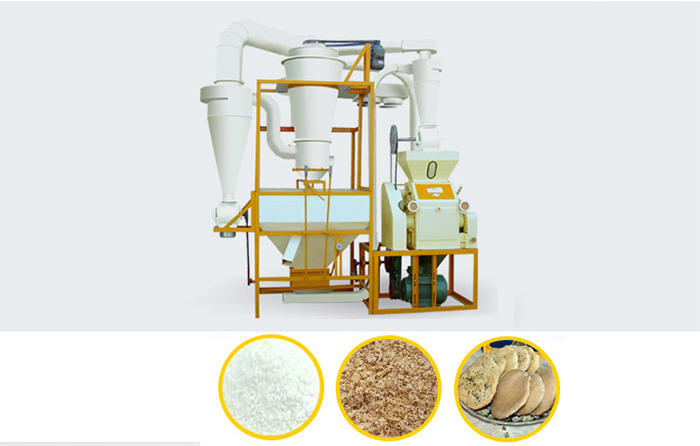 | 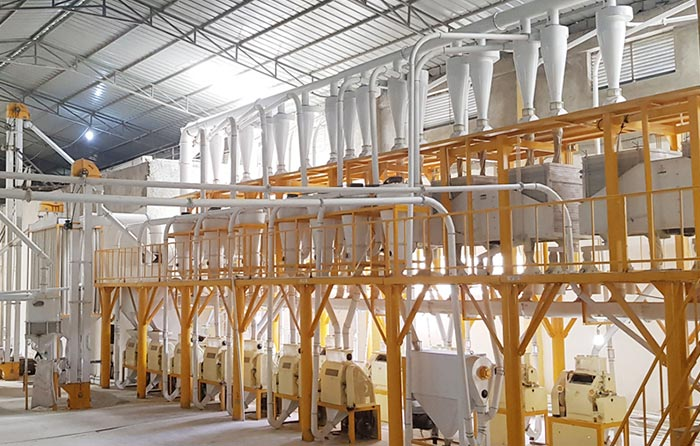 | 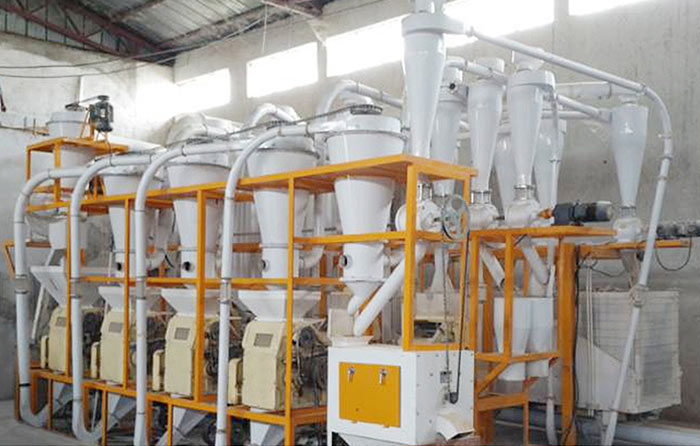 | 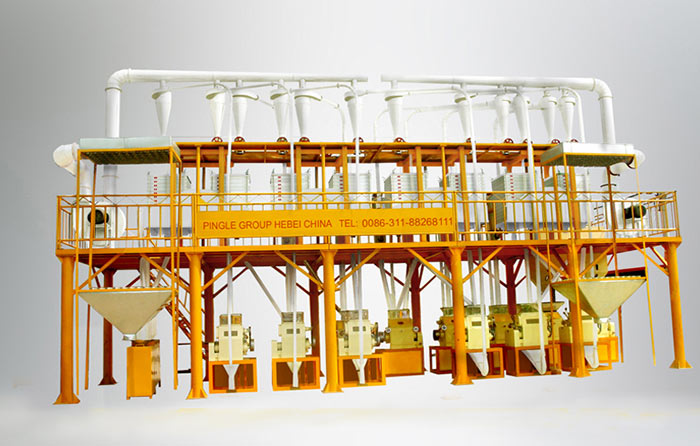 | 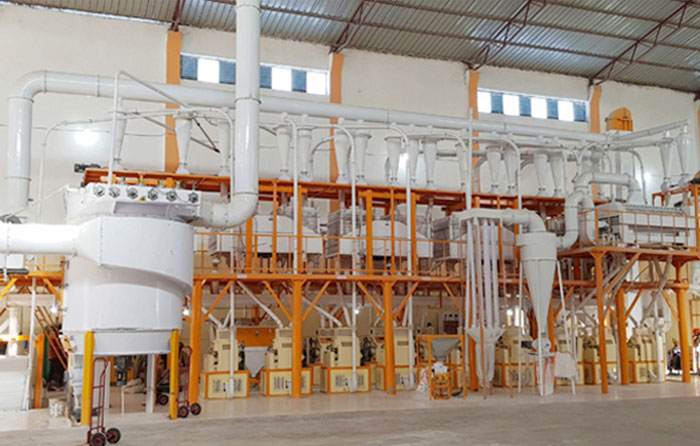 |
| Industrial Maida Flour Mill Plant | maida flour mill plant | maida mill plant | atta maida suji plant | atta suji maida plant |
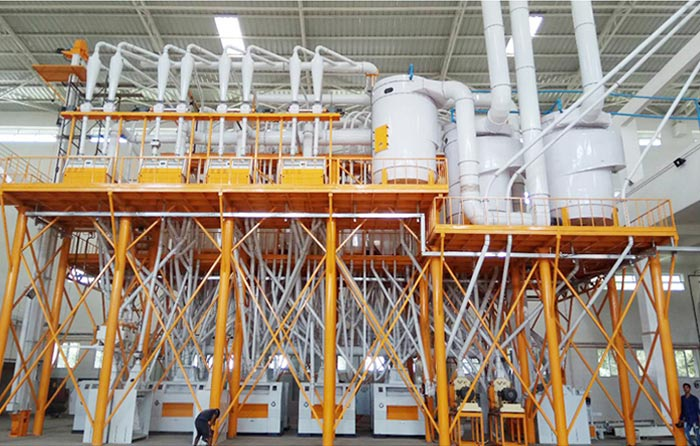 | 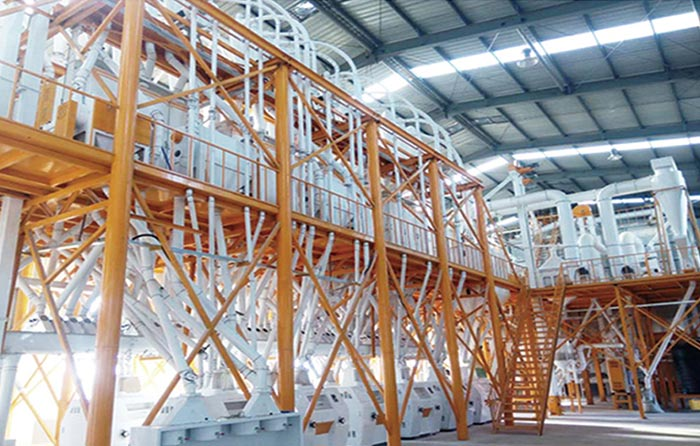 | 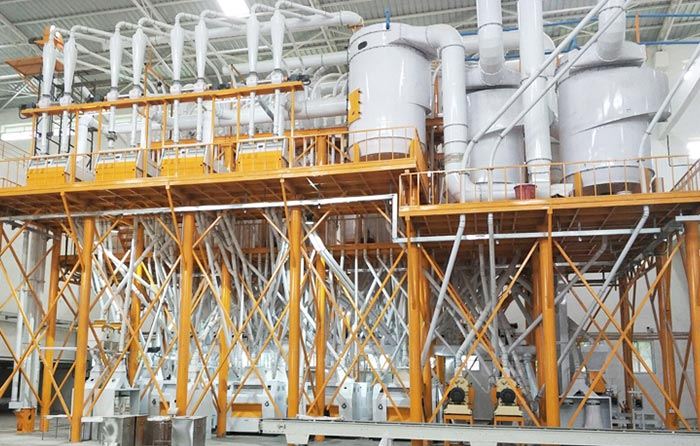 | 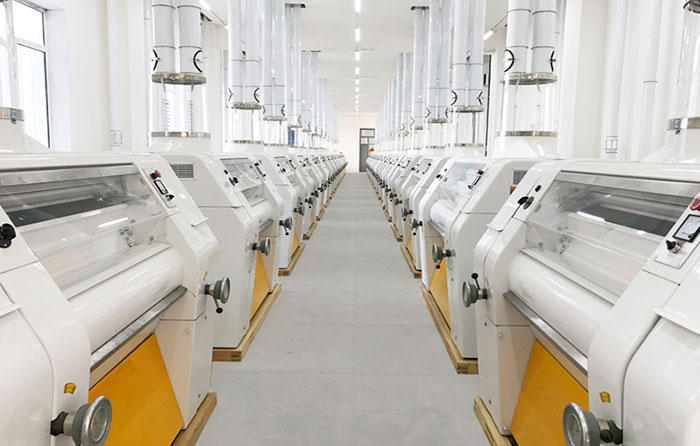 | |
| maida suji plant | maida ka plant | fully automatic maida plant | semi automatic maida plant |
We have been manufacturing and selling flour mills for more than two decades, and our extensive industry experience and knowledge allows us to provide you with quality Maida flour mills.
Automatic operate
Milling System Roller Mill
Cleaning System Scourer
Control System PLC
Type Flour Grinding Machine
Lower Energy Consumption Low Noice High-Efficiency Compact Structure
Maida productivity can be customised
| Model | Power (kw) | Power consumptionper ton flour(kw/h) | Capacity(ton wheat of 24hrs) | Dimension(LxWxHm) |
| 60TPD Steel Structure Maida plant | 60 | 40x10x12 | ||
| 100TPD Steel Structure Maida plant | 340 | 70-75 | 100 | 35x10x12.5 |
| 120TPD Steel Structure Maida plant | 420 | 70-75 | 120 | 43x10x12.5 |
| 140TPD Steel Structure Maida plant | 530 | 68-73 | 140 | 47x10x12.5 |
| 160TPD Steel Structure Maida plant | 597 | 68-73 | 160 | 49x10x12.5 |
| 200TPD Steel Structure Maida plant | 704 | 65-72 | 200 | 54x12x13.5 |
| 220TPD Steel Structure Maida plant | 820 | 65-72 | 220 | 57x12x13.5 |
| 120TPD Multi Storey Maida plant | 470 | 70-74 | 120 | 40x7.5x19 |
| 140TPD Multi Storey Maida plant | 560 | 68-72 | 140 | 41x7.5x19 |
| 160TPD Multi Storey Maida plant | 650 | 68-72 | 160 | 47x7.5x19 |
| 200TPD Multi Storey Maida plant | 740 | 65-71 | 200 | 49x7.5x19 |
| 250TPD Multi Storey Maida plant | 960 | 65-71 | 250 | 52x12x29 |
| 300TPD Multi Storey Maida plant | 1170 | 65-71 | 300 | 62x12x29 |
| 400TPD Multi Storey Maida plant | 1675 | 65-70 | 400 | 72x12x29 |
| 500TPD Multi Storey Maida plant | 1950 | 65-70 | 500 | 87x12x30 |
We can design and customise your maida plant for your required output according to your business needs.
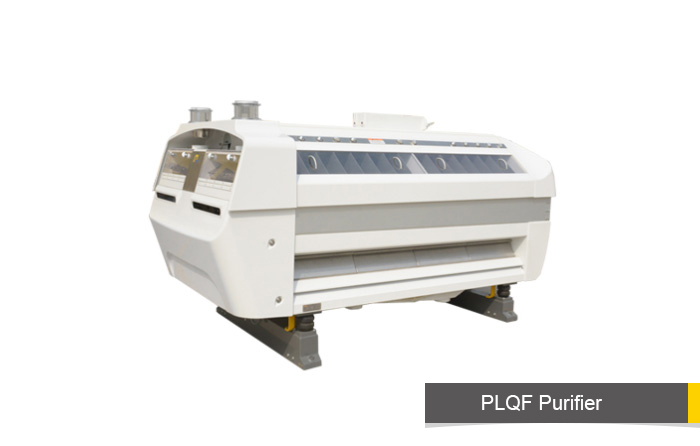 | 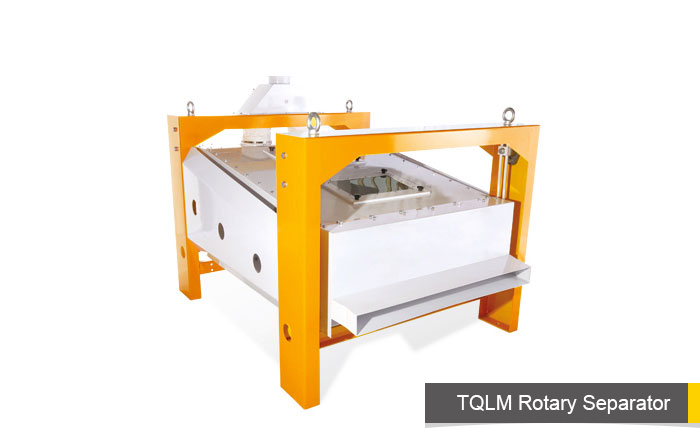 | 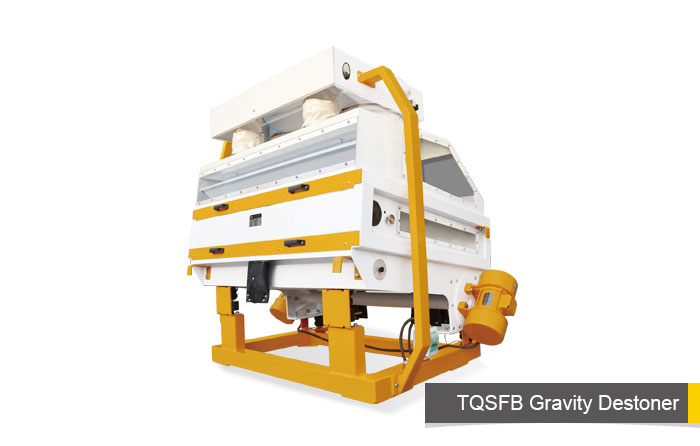 | 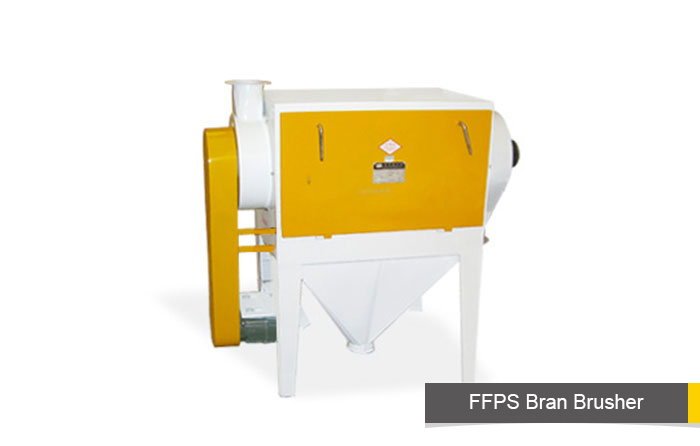 | 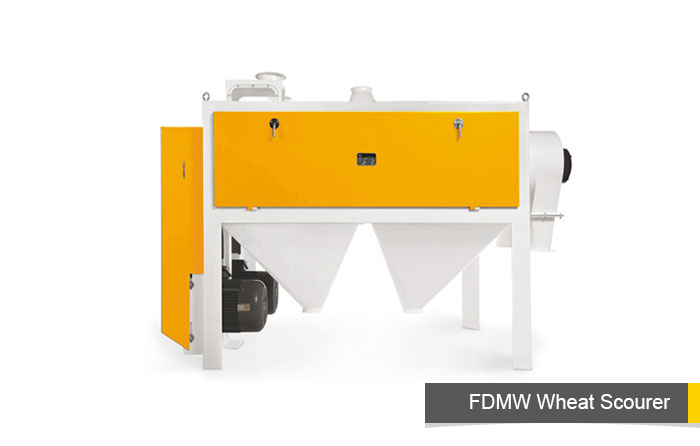 |
| DRUM SIEVE | VIBRO SEPARATOR | DE-STONER | HULLS REMOVER | GERM REMOVER |
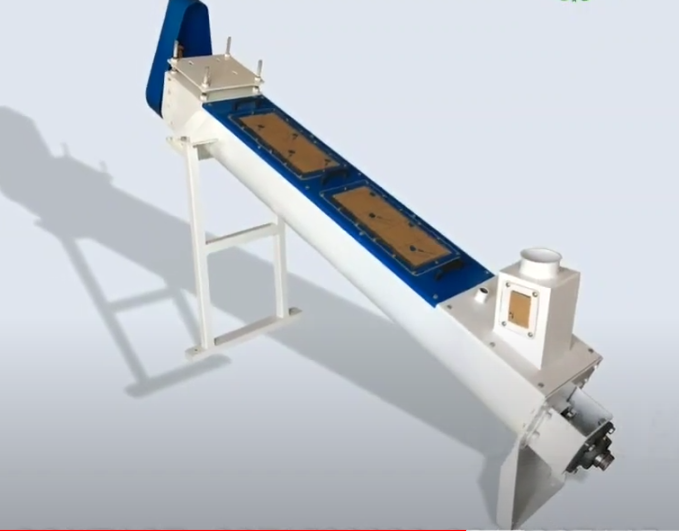 | 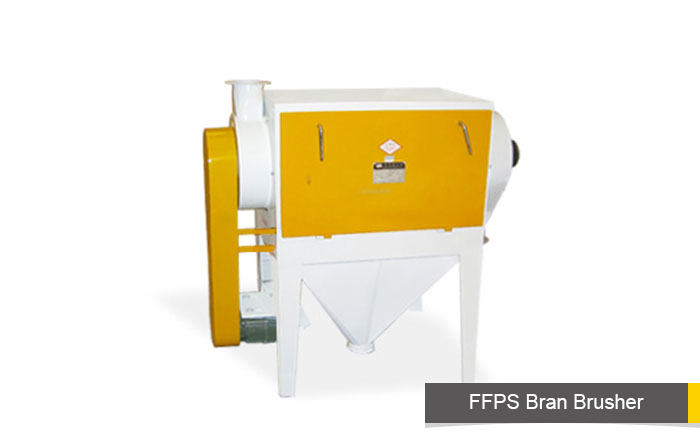 | 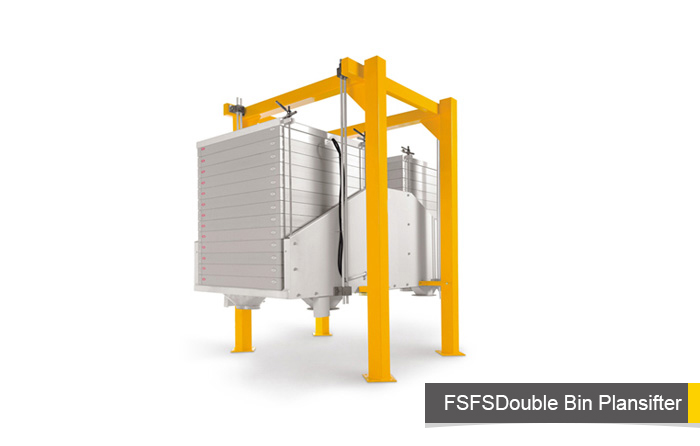 | 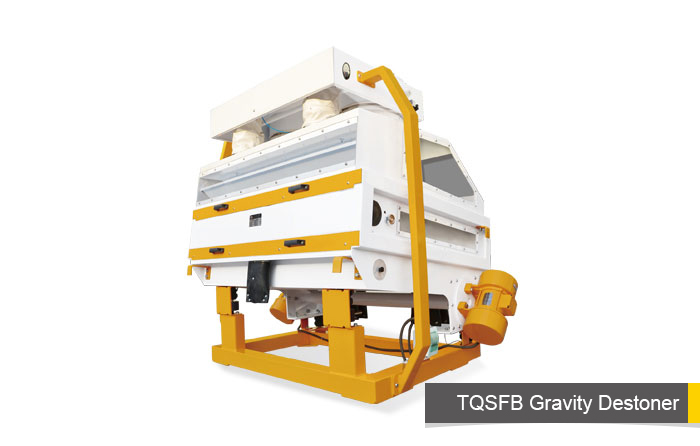 | 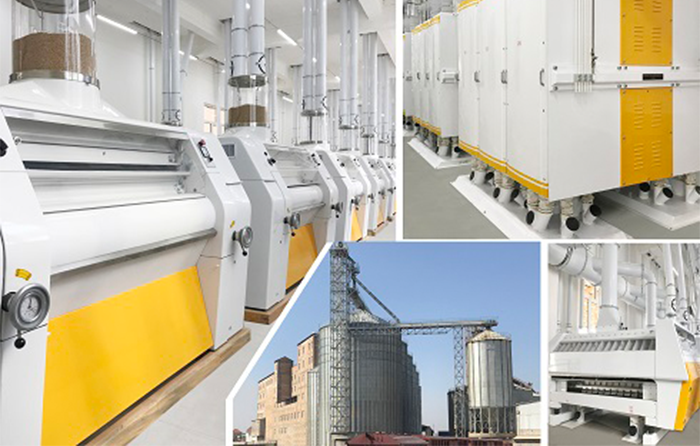 |
| DAMENING UNIT | DE-GERMINATOR | DRESSING SIFTER | GRAVITY TABLE | maize grit plant |
Preparatory section
a) Chaff separator b) Scourer c) Destoner d) Washing machine e) Intensive dampeners f) Elevators and conveyors g) Motors for above machines
Process section
h) Roller machine i) Purifiers j) Plansifter k) Pneumatic elevation system with pipings l) Bran finisher m) Motor and accessories n) Tool kit, weighing scales and accessories.
Testing equipment
The Total Plant Costs can be from 20,000 USD to 450,000 USD.
In addition to equipment other possible costs
1. Determining the location
The most important step in starting a business is to determine the location of the business. As many people spend a lot of money on a daily basis, you need to have a suitable central location. You need to research the market and area. Make a list of the most targeted places where people regularly shop and buy things. Narrow down your list and find the best place to start your business. It will help you target the right locations and people. A proper aata chakki business plan is essential for steady growth. You can make huge profits if you start your flour mill business in the right place.
2. Size of the business
The next step in starting aata chakki business is to determine the size of the business. You can start two types of business, a large flour mill or a small flour mill. It depends on the production of flour. A small flour mill business does not require a large investment. You can start with a small amount of capital; however, the profits will also be small. Once you have established your business and gained a steady stream of customers, you will start earning a substantial income. You can also grind spices on the same machine and sell them separately to earn more profit. This is another way for small milling businesses to earn more income. On the other hand, large flour mills are more profitable and require a lot of investment. Instead of buying milling grains, you can use raw materials to process flour in a large business. Therefore, determining the type and size of your business is crucial in starting a flour mill business.
3. Money and Investment
Every business and operation needs initial capital to set up. There are several legal steps you must take before starting a flow mill. It requires proper legal documents, licences and machinery. You must list all the expenses and make a rough estimate of the capital required for the business. An investment plan will help you overcome the difficulties and help you take decisions. You can buy an aata chakki at a commercial price of Rs 30-40 lakhs. once you have made an estimate and know what your business needs, you can go ahead and plan your finances and capital. You may need to borrow money from banks or relatives to raise the amount required for your business.
4. Legal Licence
Legal licences are vital for starting a flour mill business. You cannot operate a business without a legal licence from the government. It is illegal to operate a business without a licence and legal permit. You must comply with government rules and regulations. You can view the documents required to start aata chakki business online. Once you have all the documents, you can obtain a business licence. You need many different types of business licences such as company registration, GST registration, SSI registration, AGMARK, BIS, MSME, Trademarks etc. After obtaining the business licence from the official government agency, you can start your flour mill business.
All in all, we can say that flour mill business is a profitable business in the country. It is a good investment business that you can start in your home town. The demand for flour is increasing every day so it is a good opportunity to start a business and the demand will never be low. You can use the flour mill for multiple purposes such as grinding different raw materials spices, maize etc. It will help you to earn extra income from the same business. To increase sales, you can use social media and other promotional platforms to advertise your business
What is Maida Plant?
A Maida Plant is a production facility specifically designed for the processing and manufacturing of maida flour. Maida flour is a refined product obtained by milling wheat. These plants are equipped with various machines and equipment necessary for cleaning, milling, and processing wheat into fine, white maida flour.
What is maida
Maida is a finely-milled, white wheat flour commonly used in India. It is obtained from the endosperm part of the wheat grain and can be made from winter- or summer-wheat varieties.
Which plant made Maida?
Maida is made from wheat. It is a byproduct of the wheat milling process, where the wheat grains are ground into a fine white flour after removing the bran and germ.
How does maida manufacturing?
Maida manufacturing involves several steps:
Cleaning: Wheat is cleaned to remove impurities.
Milling: Cleaned wheat is then milled or ground.
Refining: The flour is refined by removing the bran and germ.
Bleaching: Sometimes, the maida is bleached for a whiter appearance.
Final Processing: The refined flour is then sifted and packaged.
How to choose maida plant specification?
Choosing maida plant specifications requires considering:
Production capacity: Determine the quantity of maida you plan to produce.
Technology: Look for modern machinery that ensures efficiency and quality.
Energy efficiency: Opt for machines that consume less power.
Space: Ensure you have enough space for the plant setup.
Budget: Consider your budget without compromising on quality and efficiency.
How to choose the right maida making machinery?
Research and select reputable manufacturers.
Check machine specifications to ensure they meet your production needs.
Consider machinery with the latest technology for better efficiency.
Look for durable and easy-to-maintain machinery.
Consider after-sales service and support.
How about maida manufacturing plant cost?
The cost of a maida manufacturing plant can vary widely depending on factors like capacity, machinery technology, and location. It's best to get quotations from different suppliers and compare them based on your specific requirements.
what is the different between maida plant and suji plant?
The primary difference lies in the product they produce. A maida plant produces maida flour, which is finely milled and refined wheat flour. In contrast, a suji plant produces suji (or semolina), which is coarser compared to maida and not as refined.
What is Maida called in USA?
In the USA, maida is often referred to as "all-purpose flour" or sometimes "plain flour," depending on its use in various recipes.
how about maida market in india?
Maida flour is very popular in India, Pakistan and other Central Asian and South Asian countries. It is used in preparing breads and baked goods, noodles and other food products. Current regulations in India require fortifying the flour with iron, zinc, vitamin A, folic acid and other B-vitamins.
What is the difference between atta and maida?
Maida flour is most commonly used in India, especially the Southern part of the country as well as in Pakistan. It is one of three types of flour commonly used in Indian baking; the other two are Atta and sooji (suji)
Maida: used in making bakery products such as pastries, sweets, as well as traditional breads such as paratha and naan
Atta: used in making flatbreads, such as chapati, roti, naan and puri
Sooji/suji: used in making pasta, breakfast cereals, puddings, and couscous
Which country invented maida?
Maida, as a byproduct of wheat milling, does not have a specific country of invention. The practice of refining wheat into finer flours has been a part of various cultures for centuries.
What is Maida and its importance in Indian cuisine
Maida is a refined, bleached wheat flour used extensively in Indian cuisine. It’s crucial for making a wide range of dishes, from bread and pastries to sweets and snacks. Its smooth texture and ability to create light, fluffy products make it a popular choice.
What are the machines used to make Maida in factories
Wheat cleaners
Milling machines
Sifters
Bleaching equipment (optional)
Packaging machines
How to clean wheat when mill maida?
Pre-cleaning to remove large impurities.
Washing to remove dirt and chemical residues.
Air drying to reduce moisture.
Final cleaning to remove finer impurities before milling.
The process of wheat being ground into maida flour
Wheat grains are first cleaned, then ground in milling machines. This involves multiple stages of grinding and sifting to achieve the right texture and to separate the flour from the bran and germ.
The use of rollers to grind wheat into maida flour
Roller mills are used for grinding wheat. These mills work by crushing and cutting the wheat grains between large metal rollers. The rollers are adjusted to produce the desired fineness of the flour.
How the milled maida flour is sifted and processed to remove impurities to ensure quality
After milling, the flour is passed through sifters that help in segregating the fine flour from larger particles. This sifting process ensures that only fine, high-quality maida flour is obtained, free from impurities.
How to improve the purity of the maida flour
Use cleaner and more advanced milling technology.
Implement multi-stage sifting to ensure finer separation.
Regularly maintain and clean machinery to prevent contamination.
Source high-quality wheat with fewer impurities.
Adopt quality control measures throughout the production process.
Difference between Maida and wholemeal flour
Maida removes the germ and bran of wheat, whereas wholemeal flour maintains all the wheat components.
Whitening and chemical treatment of Maida
The whitening process makes Maida even whiter and increases its market value.
How to make Maida
The process of making Maida consists of cleaning the wheat, grinding it into flour, sieving and treating it, and chemically whitening it.
Request a quote
Related Information
120TPD maize milling machinery10TPD maize mill machine20TPD wheat mill plant50TPD maize milling machinery30TPD flour mill machine120TPD flour mill machine100TPD wheat mill machine100TPD wheat mills20TPD flour mill plant20TPD wheat mill line20TPD maize millerwheat flour production line10TPD flour making machine20TPD flour milling machineMaize Grit Plant/Machine | PINGLE20TPD maize mills240tpd wheat miller30TPD maize milling machine10TPD maize mills240tpd maize mill line100TPD flour mill machinery100TPD maize mills30TPD wheat milling machinery200TPD flour mill machine120TPD wheat mill line240tpd flour making machine100TPD flour making machine120TPD flour making machine20TPD maize mill plant50TPD maize mill machine200TPD wheat milling machinery50TPD wheat milling machine100TPD maize mill machine50TPD wheat mill line100TPD maize milling machinery240tpd maize mill plant100TPD flour mill plant120TPD wheat mills50TPD wheat miller30TPD maize mill machine10TPD flour mill machine200TPD maize mill plant120TPD maize milling machine240tpd wheat mills50TPD wheat mill machineCopyright © Hebei Pingle Grain Technology Intelligent Equipment Co.ltd. All Rights Reserved | Sitemap | Technical Support: 